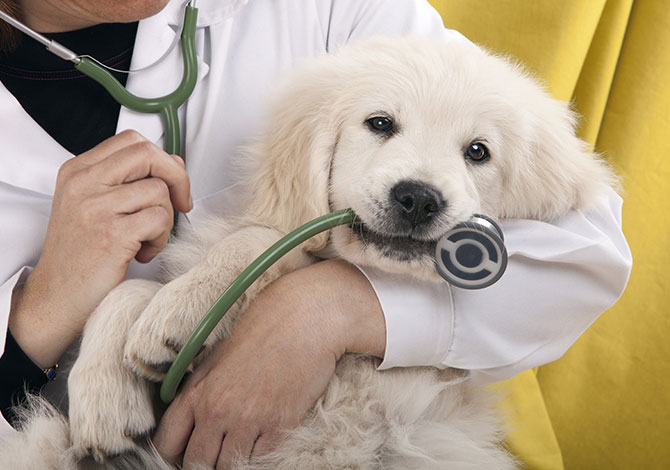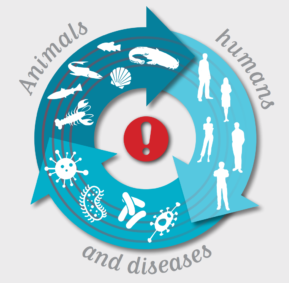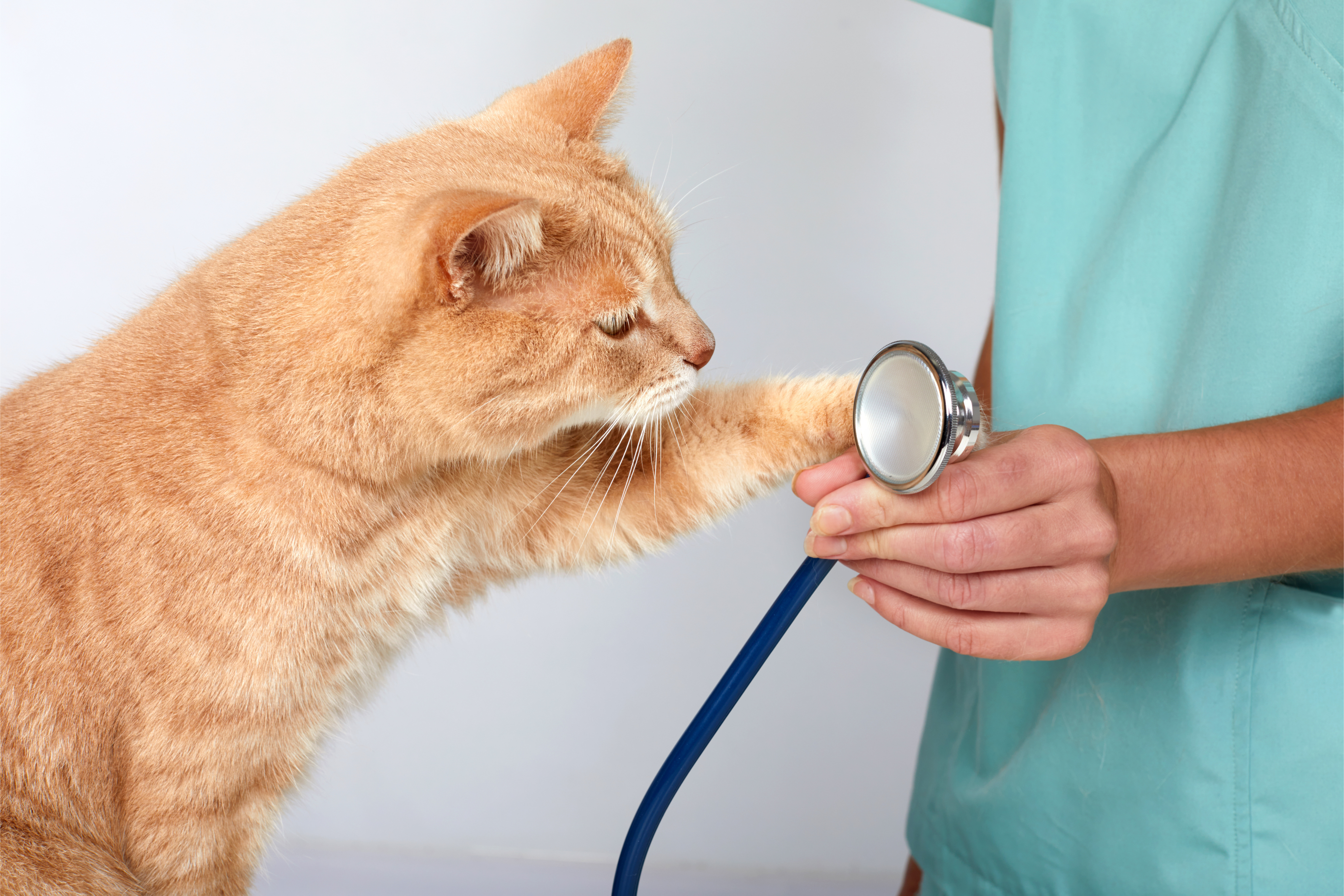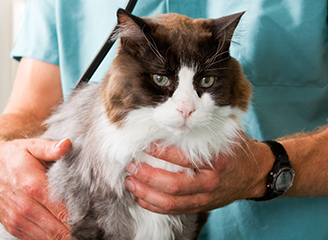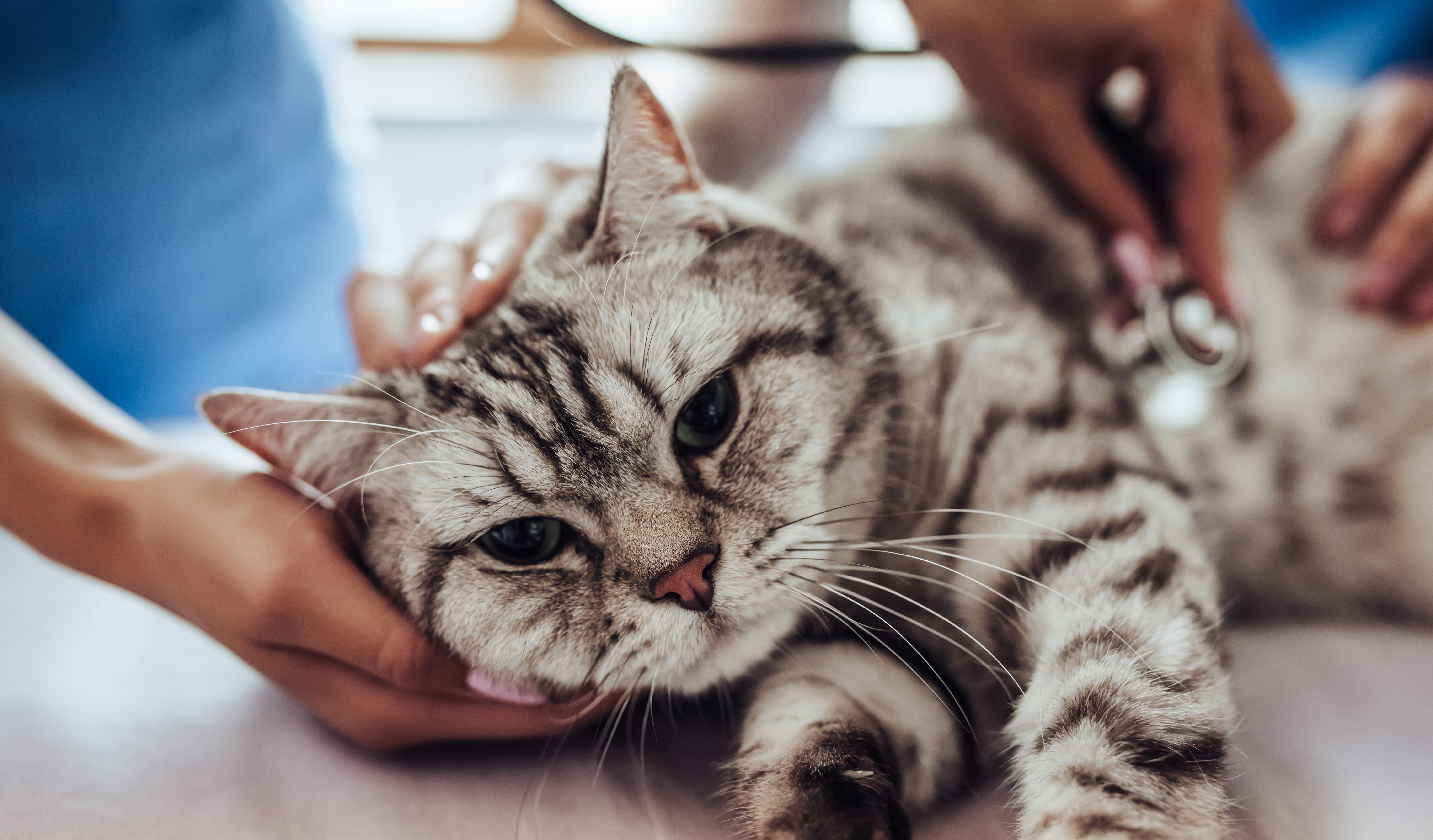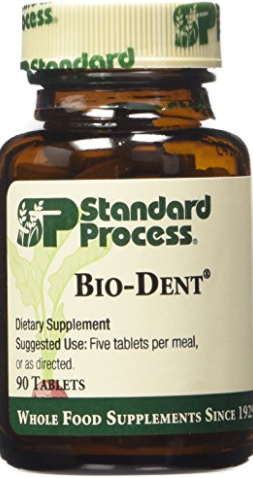South Town Animal Hospital Covid-19 Action Plan Update
Considering that the coronavirus pandemic has been an ongoing, ever changing situation, at South Town Animal Hospital we are doing our best with keeping our clients, patients, and staff as safe as possible.
During this time we understand that life situations may be extremely difficult. Our staff knows that when it comes to the end of life for your pet, that can make a difficult time even more strenuous. Considering that euthanasia is an emotional event South Town Animal Hospital has revised our protocol to allow clients in the hospital with their beloved pets for euthanasia appointments only.
What to expect if this service needs to be provided:
- When you arrive in the hospital’s parking lot, please call the South Town Team. If you receive a busy signal, please wait a moment and try again.
- A customer service representative will discuss with you your cremation wishes which will be proceeded with payment over the phone.
- Next a technician will come to your car and help you and your pet into the building to a quiet room. We ask that you please keep the maximum amount of people to two adults. We ask that you do not bring children. All adults must be wearing a mask at all times.
- After the procedure and you are ready we will walk you out to your vehicle.
We ask that you do your best to keep the 6 foot social distancing rule in mind. If you or anyone in your household are or have been showing signs or symptoms of the virus, please refrain from coming to the office. This also holds true if you feel that you may have been exposed to someone who has Covid-19. Our goal is to prioritize safety, while providing the highest level of care that can be available to you and your pet. We are here for you and your family. We ask that you please have patience with us during these difficult times. Please contact South Town Animal Hospital if you have any further questions.

